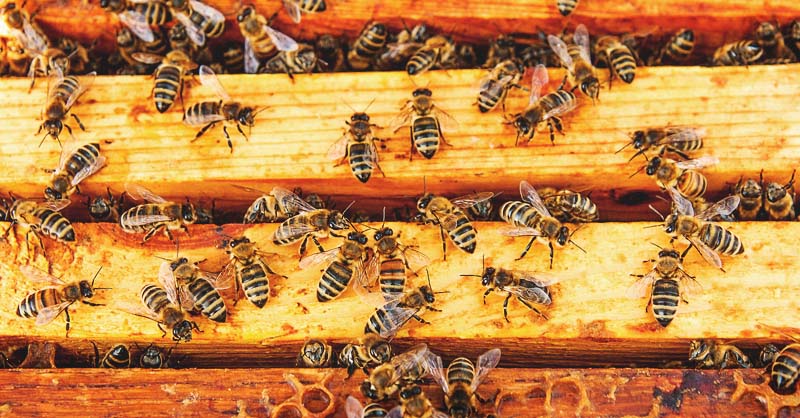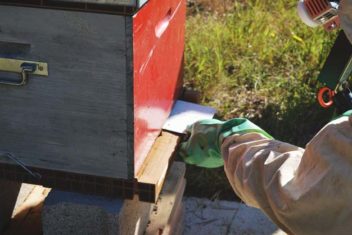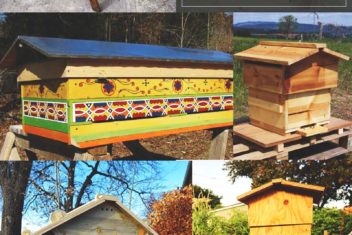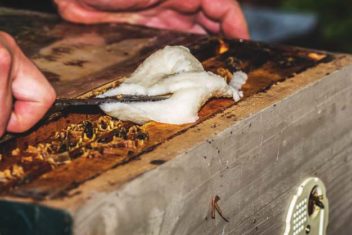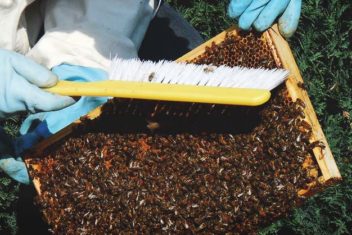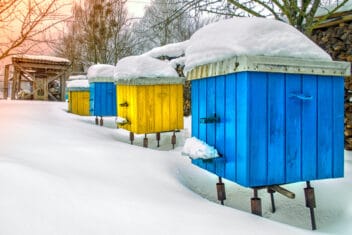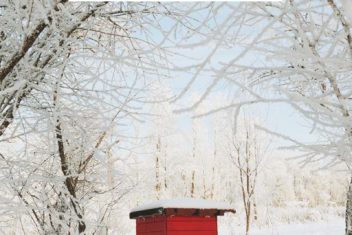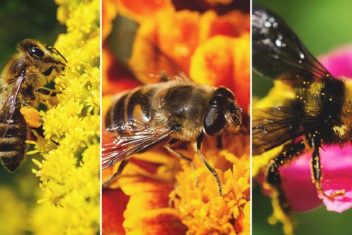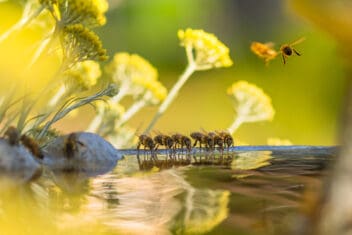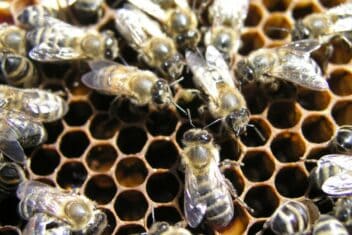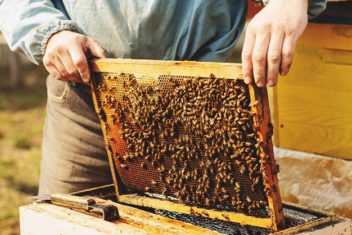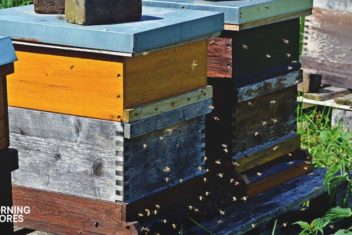Every year, more and more bees are lost to new diseases, pollution, and habitat loss. Bees pollinate our planet, and if we don’t stop the declining bee population, it can affect our harvests.
Bees pollinate plants, plants provide food, clean air, and thus fresh water.
So, as you can see, bees are valuable, and even though the situation may seem dire, there are things you can do to help halt the decline and get things buzzing in the right direction. Read on to find out how:
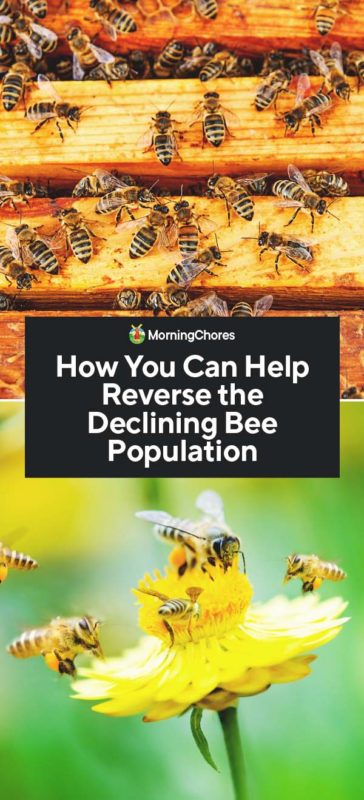
1. Provide Premium Bee Real Estate
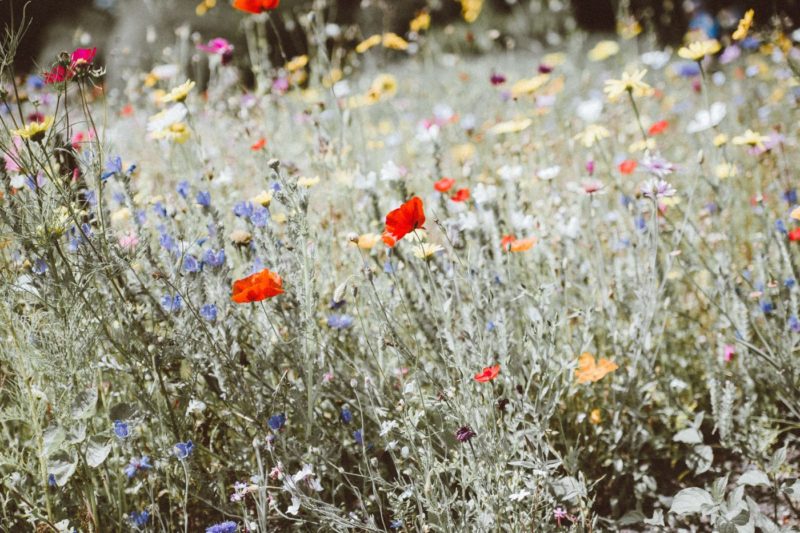
Bees love the natural environment, and somewhere along the line, it was decided that perfectly trimmed lawns weren’t only desirable, but also required in most communities.
Well-trimmed lawns look nice, but bees cannot forage a yard with only short blades of grass; they need flowers to access pollen.
What you can do is plant more flowers that provide blooms for most of the summer. You can find beautiful flowers that attract bees and plant them on rotation, so there’s always something for your local bees to forage on.
2. Bee Bed and Breakfasts
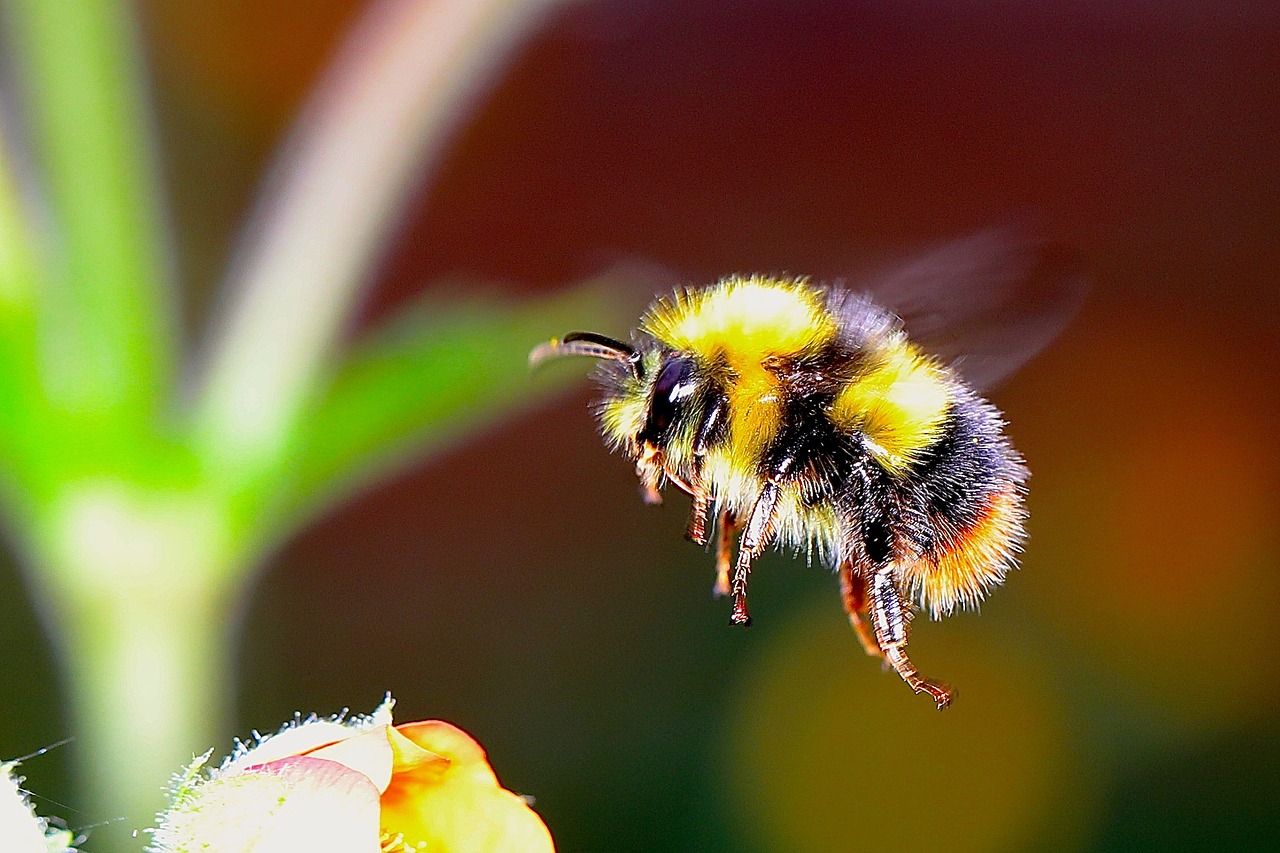
Taking the premium real estate a step up, consider hosting bees every summer in a DIY bee house and hotels.
Even if you aren’t a honey-lover, you can help attract pollinators to your property with these DIY bee houses. Solitary bees may be the lesser-known pollinator of the bee kingdom, but they do a lot of work for us by pollinating our plants.
Solitary bees also enjoy living in tree trunks, or dead branches, so if you see some activity near one of your fallen trees, leave it be.
3. Become a Beekeeper
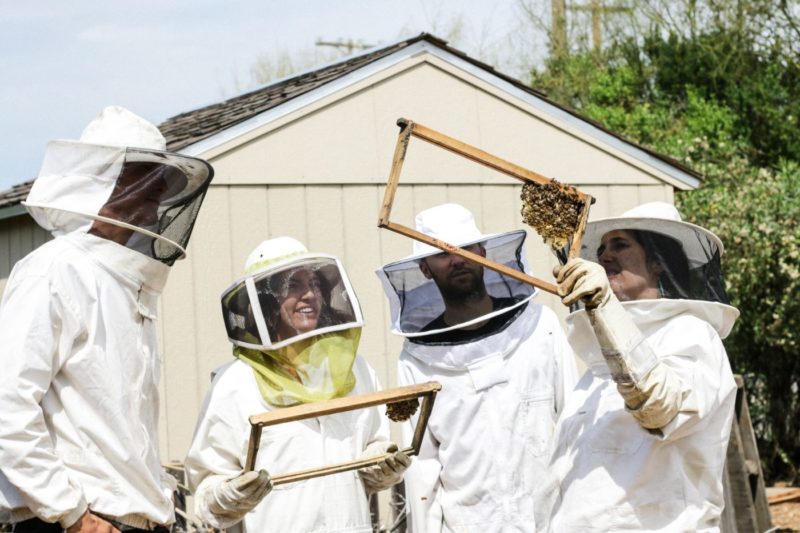
If you love bees enough to want to give them a helping hand, why not become a beekeeper?
Your decision will reward you in countless ways, including saving the bees, having local honey on hand, and another form of income – if that’s your thing.
Becoming a beekeeper requires a lot of time and effort on your part, but it will all be worth it at the end of the bee season. Bees are fascinating creatures to care for, and you can test your animal husbandry skills by managing and maintaining a healthy hive year-round.
If you make the decision to keep bees, plant a lot of extra forage around your property to sustain your bees and your current wild bee population.
Introducing huge hives to an area already inhabited with native bees can cause competition and a lack of resources, so make sure to plan accordingly before you acquire your new colony.
Also, it is imperative to be on alert for some of the most common bee diseases to prevent further loss or spread of disease to wild bees. So, be sure to familiarize yourself with the signs of sick bees and act fast!
4. Shop Responsibly
More and more companies (big and small) are becoming concerned about the future of bees, and our planet. Some brands make it clear that materials and practices are used to help keep bees safe. Look for brands that commit to:
- Zero Use of Pesticides and Herbicides
- Using Organic Cotton
- Donating Proceeds to Bee-saving organizations
- Ethical Beekeeping and Organic Hive Management
Research brands you use daily and make sure they are helping, rather than hurting, the world’s bee population.
5. Shop Locally

Want to do more for your local bee population? Get to know beekeepers in your area and shop their products. You can usually find a few local beekeepers online, in forums, or at farmer’s markets.
Beekeepers may sell their honey, beeswax, and products made from them, and if you purchase locally, you are supporting the small business.
6. Don’t Use Pesticides and Herbicides
In recent years, mega-farms have begun regulating and controlling their use of pesticides and herbicides. Still, the effects of early over-use are apparent today.
Unfortunately, some pesticides wipe out every pest, including good ones like bees.
At home, you can ditch all your pesticides and herbicides and do your part in cutting back on chemicals harmful to local bees. Instead, use vinegar to squelch useless weeds or even hot water. Even better, just keep up with trimming if weeds are bothersome.
7. Join Conservation Clubs and Campaigns
There are countless clubs and conservation efforts that could use your voice. You can support these organizations through donations or volunteer work. Many conservation clubs focus their efforts on planting new habitats for bees.
If you want to do your part but can’t travel to help plant new habitats, you can sign up with some organizations to maintain records of bee trends in your area. You can help identify bee species and alert scientists to the presence of invasive species.
8. Talk About It
Maybe you are allergic to bees, or just don’t have the space to dedicate to raise bees or create a habitat, but you can still play a part in conservation efforts by merely talking about it.
While the decline in the world’s bees isn’t a secret, not everyone understands the impact a continued decline bears upon the planet. So, the next time you see someone ready to squish a bee passerby, see if you can change their mind, and educate them on the declining bee population and the importance of that single bee.
These are just a few small things you can do in your everyday life that will make a difference to the declining bee population. From scrutinizing your purchases to planting a bee garden to bringing up the plight of the bees in your next conversation, every little bit helps.

